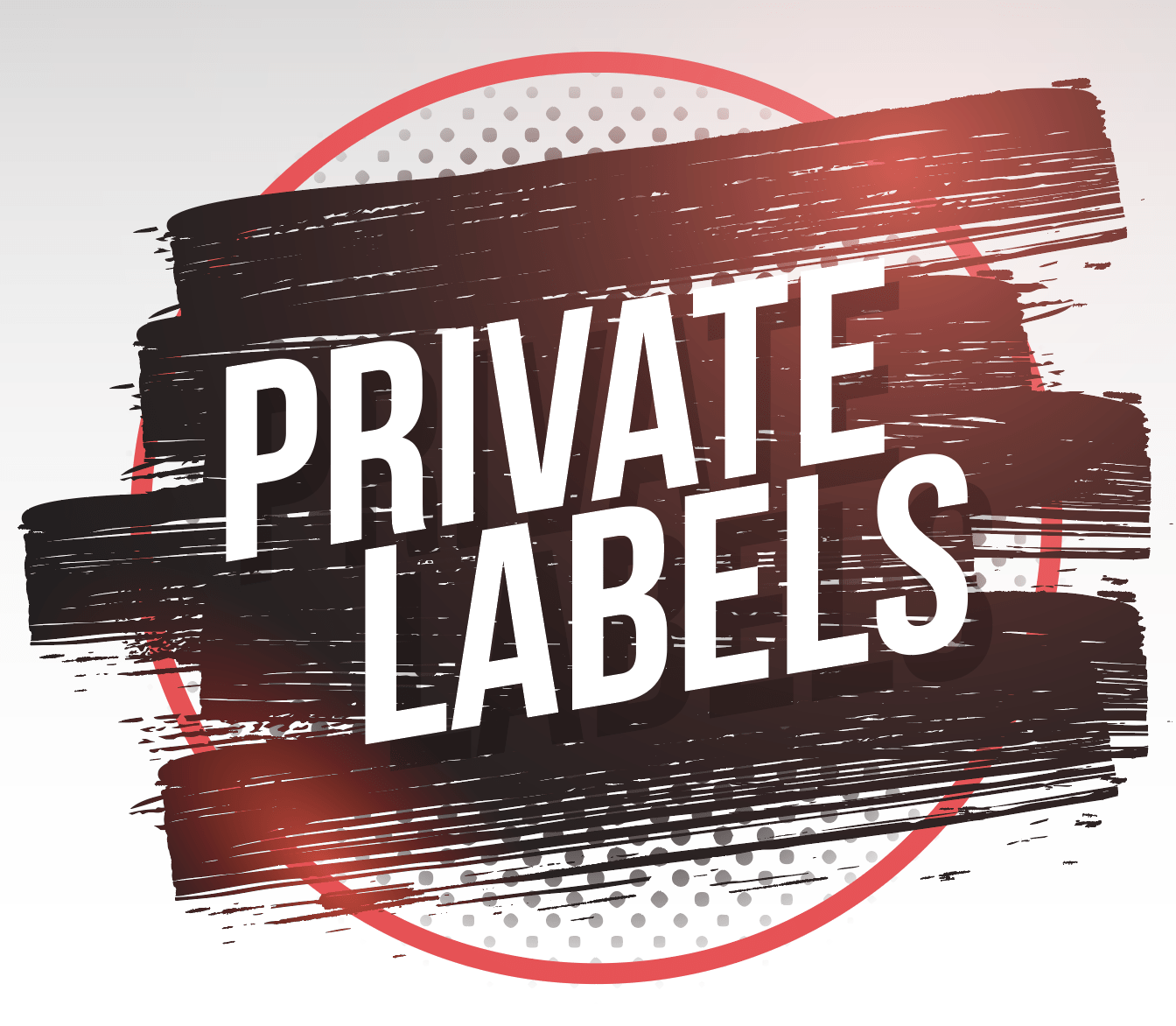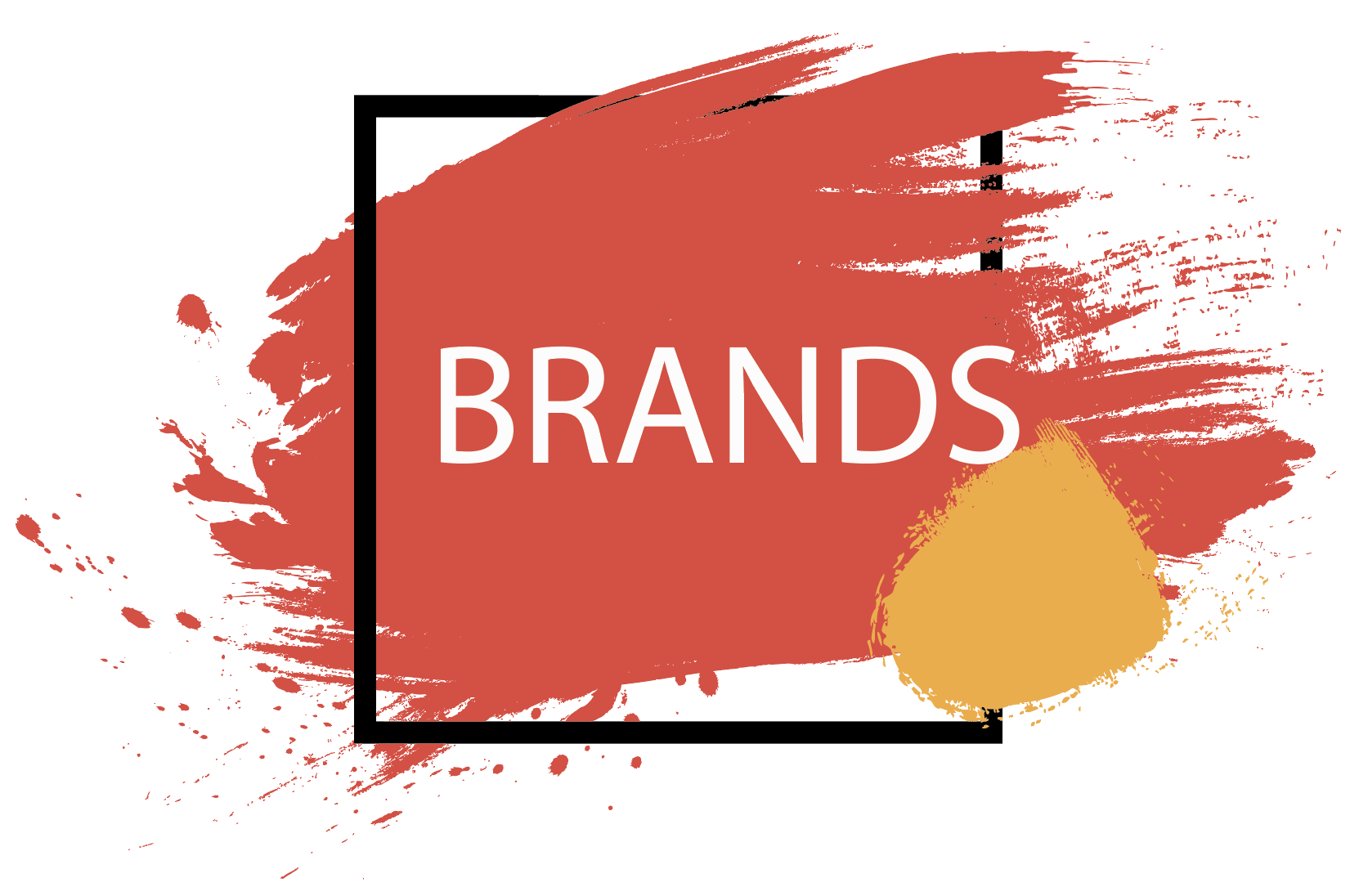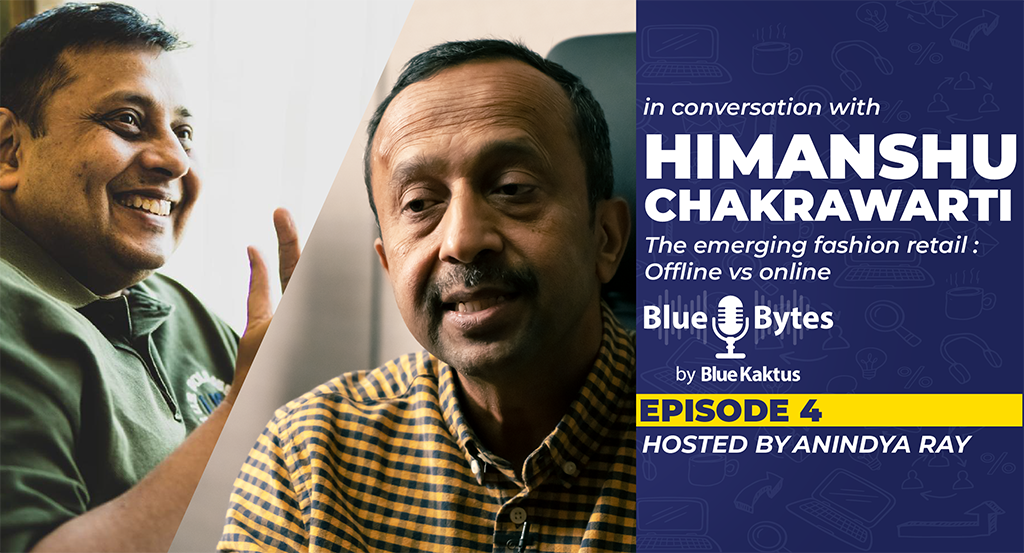In a new retail landscape, retailers have realized that the most important engine to drive both growth and profitability is strategically building private labels. The terms Private Label and Branded are quite popular in the retail and e-commerce world.
At some point, every business needs to decide what type of name they want their products to carry. The promise of more sales and success that often follows private labeling is alluring but jumping in too quickly can accuse margins to shrink. It is essential to understand the benefits and drawbacks of each model. Which is whether private labeling versus selling branded apparel.
Let us understand the Pros and Cons of Private and Branded labels.

Private Label: Pros
When you purchase your product from a manufacturer and then put your logo/label on them before you sell, you call it a Private Label.
Now by doing business this way one can lower apparel unit cost which will lead to higher margins.
Another great upside of using a manufacturer is that you can determine the quality and exact specifications of your garment. In some ways this control leads to unmatched exclusivity which in turn will separate you from your competitors, creating a private label.
Selling garments with private labels have zero impact on their cost price, but it provides great control overpricing. Having private labels allows you to price your garments based on your marketing strategy and run your sales independently.
Private labels are posing huge challenges to well-known national and international brands. Many retail companies are known to stock only their own labels.
Private labels play a big role in product differentiation for retailers. They allow a retailer to exercise more control and flexibility over merchandise. Customized modifications can be made effortlessly to suit the changing customer profile and requirements and tastes. Retailers have the freedom to provide superior service. They can design a customer-friendly environment to create a positive store image and positioning in the minds of prospective customers. Retailers can source raw materials for private labels at a lower cost. They avoid unnecessary spending on marketing activities and intermediaries’ margins. They can develop strategic profitable relationships with selective vendors of their choice. The differentiation enables retailers to gain price premium/market share, positive brand perception, and favorable customer behavior (customer loyalty). Customers are the gainer. They get wider varieties to choose from. Their needs are satisfied without pinching their pocket much.
Assuming things go right with your label, you can build a strong customer base.
People become dedicated to brands that provide the garments they love. As long as you make a label with helpful products that have sound quality, chances are customers will grow attached to your brand and prefer doing business with you instead of your competitors.
Private Label: Cons
In the words of Warren Buffett, “It takes 20 years to build a reputation and five minutes to ruin it.” It takes a lot of energy and time to create a brand name that resonates with consumers. If at any point your logo, label, or product is not top-notch, the reputation you have worked so hard to create can be harmed beyond repair.
This, in larger terms, means that one of the largest drawbacks of private labeling is that your success depends mostly on your manufacturer. You need to be sure that your product line knows what you need and will work tirelessly to help you achieve your goals.

Brands: Pros
There are several upsides to building a company that sells products from other brands. When you sell products that are already branded, you can benefit from established customer recognition. So, when a customer is looking at your offerings, they will be more likely to do business with you because they will be able to choose a brand they recognize versus something unfamiliar.
Every time you wish to expand your product line you will probably have an easier time if you are using branded garments already. It is generally easier and less costly to introduce new products if you already have a loyal brand following.
Strong, well-known brands have superior credibility with customers. Consumers generally assign higher values to new products from established brands and are less likely to question their quality.
Brands are still market leaders. Their consumer base is very strong. Brands are pioneers in introducing new product features. They invest heavily in research and development. They continuously try to reduce manufacturing costs. They have the expertise to promote their brands by aggressively pulling and persuading customers. They have the competence to develop new products and stay ahead of competitors as trendsetters. They can fill the product lines gap proactively. They have access to the latest know-how. They have a strong financial capability to source and manage economies of scale efficiently.
Brands proactively maintain innovative gaps of trendy fashions, design, style, features, quality, and fabrics to differentiate from private labels. They put wholesome efforts to provide value for consumers. They carry out regular research to try to understand the customer's tastes and preferences. They have large-scale expertise and money to spend on promotional activities. They are capable to tackle the private label challenges head-on. They know how to change customer's mindsets, partner effectively, innovate brilliantly, fight selectively, price competitively, improve product quality, and market creatively.
Brands assess competition and customer mindset regularly. Their merchandise provides superior value to meet customers' expectations. They go all out to win the customer's trust to get their patronage by providing quick customer service.
Brands: Cons
There may be times when using an established brand is a risky proposition for business. Big brands, at times, may experience adverse events and if this happens with your Brand, the negativity may get attached to your company too. And when this happens, trying to move or differentiate from a tarnished image can be a tricky business, if not impossible.
Sometimes working with a strong brand identity can also harm the business. There may be a chance the market you operate in will change and if the Brand you sell does not adapt to the change in your market demand, your business might fade.
The increasing consumerism is fueling the demand for luxury products, cosmopolitan lifestyles, and global brands.
Brand loyal consumers purchase the same brands.
On the other hand, price-sensitive consumers show a stronger variety-seeking penchant. They try to explore new brands. Psychographic characteristics of customers also play a key role in brand choices.
Retailers must address sensible pricing, self-perception, and ego related issues to attract such consumers. Value conscious consumers should be attracted through increased promotional spending.
RELATED TOPICS:#Apparel,Sanjay Lal
Leave a comment
Our email address will not be published. Required fields are marked *







3 Comments
Poonam Sood LalNov 26, 2020 at 19:20 pm
There are very few really successful brands. Those international labels which are successful usually try to enter the country themselves The game is in establishing a private label as that’s where you can get margins and Quality. Brands mark ups and royalties are too high for any domestic player to really win by marketing international brand. There is also the question of is the brand product adjusted to the Indian market. A recent failure is the Gap which could not adjust the product to the Indian market. M&S also initially had the same issue but luckily they did some market Reserch. Redid their sourcing and complete retail pricing for India and are today a successful relevant brand in the Indian market. My bet would be on establishing a private label
Deepak PunshiNov 21, 2020 at 18:20 pm
Just read the article...well analysed with pros & cons...I do believe that private labels are the future...if consistency in ququality is maintained,price kept within reach..keeping sysync with fashion trends...it will have a loyal customer base....
Neeti DabralNov 21, 2020 at 11:01 am
In India, the sale seems to be driven by the desire of owning a branded outfit. Though slowly the private labels are making inroads but the the thinking that a branded product is better needs to change from the perspective of both the retailer as well as the buyer.